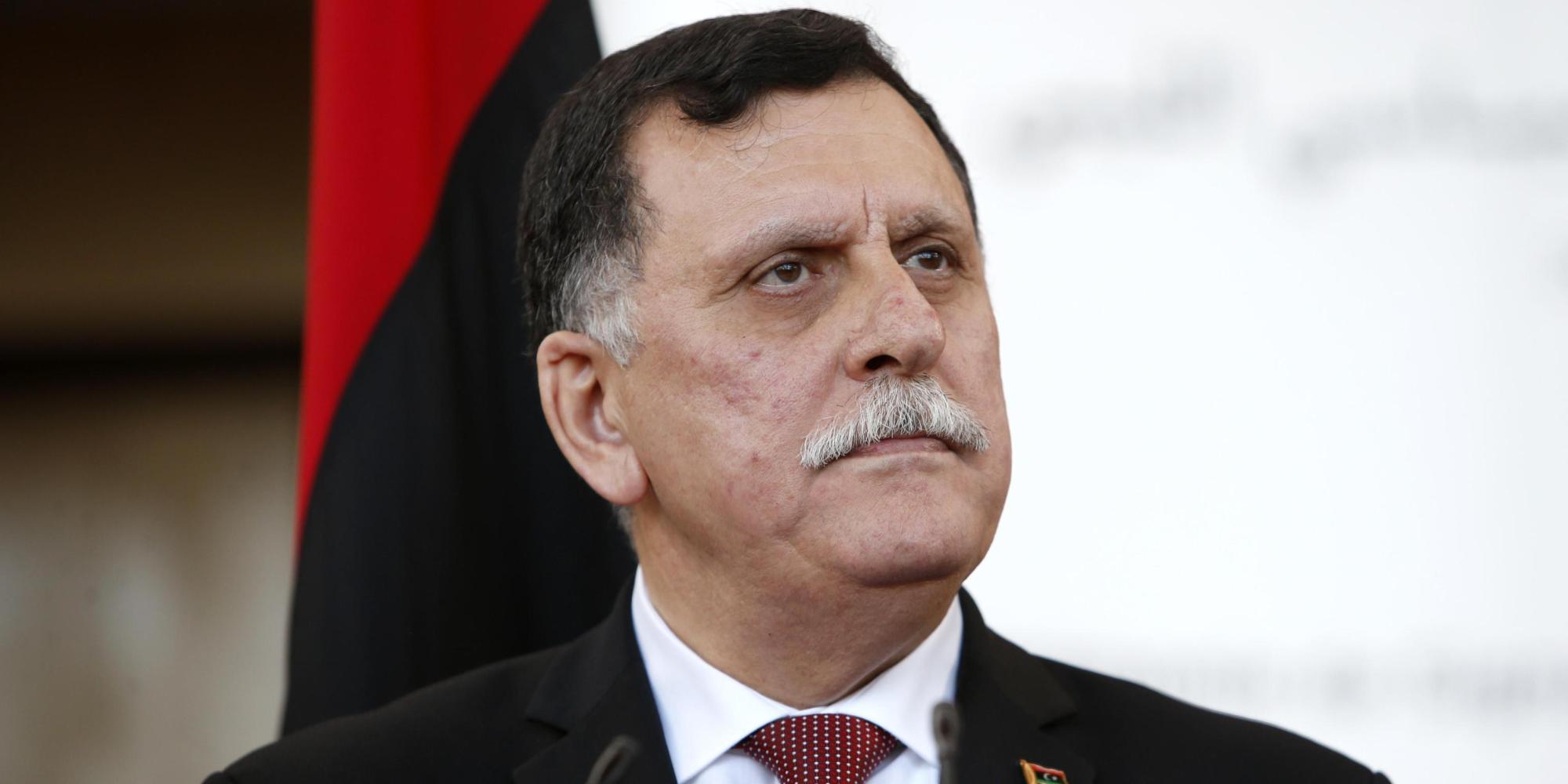Libya, the resignation of Sarraj, the role of Turkey and the scenarios

What happens in Libya after the announcement of resignation by the Libyan prime minister Fayez al-Sarraj
Libyan Prime Minister Fayez al-Sarraj, in a speech on TV, declared his desire to "hand over" his "responsibilities to the next executive no later than the end of October". In expressing more of a wish than a certainty, the head of the current government of national unity, in fact limited to Tripolitania alone, expressed the hope that "the dialogue commission will finish its job and choose a presidential council and the prime minister" .
It would be a move to speed up negotiations for a new executive as early as next month, and before the US elections. It is no coincidence – underlines Ansa – that the news has arrived of the convening, for next 5 October, of an international summit on Libya, a sort of conference in Berlin 2. A virtual meeting – announced by the Dpa – with the UN, Germany and the chancellors of all the actors involved in the dossier, including Italy.
On the 'tactical' resignation of Sarraj, who became prime minister in March 2016 after the 18 months of negotiations that in December of the previous year had produced the Skhirat agreement, weighs the unknown of the agreement yet to be announced on the composition of the executive, which should reflect the at least three souls of Libya made up of the Tripolitania (west), Cyrenaica (east) and Fezzan (south) regions. And so that his departure is not in the dark, the negotiations will also have to take into account the rivalries and geopolitical ambitions of Turkey, Egypt, the Emirates, Russia among other things; the distribution of vital oil resources currently still largely in the hands of Haftar and the riotousness of the militias in Tripoli and Misrata, about which analysts warn.
THE ANALYSIS OF ISPI
"The move by the Tripoli prime minister did not surprise observers, who had long ago grasped the growing tensions within the GNA and a lot of discontent among the Libyans: al-Serraj himself, in the past months, said more than one time ready to leave – wrote Federica Saini Fasanotti, Non-resident Fellow, the Brookings Institution and Senior Associate Research Fellow, ISPI – His resignation, however, does not have immediate effect, a sign that perhaps the goal of the move is above all to appease him animi, without a real desire to hand over the task to an "authority" whose name is unknown and which is unlikely to materialize in the next four weeks ".
THE COMMENT OF THE REPUBLIC
The UN in recent weeks has found the strength to restart the negotiations – wrote the newspaper Repubblica – The attempt would be to create a "triumvirate", a 3-way Council with a representative for each region of the country (Tripolitania, Cyrenaica and Fezzan). The idea has been circulating for months and is generally accepted. The "Presidential Council" was the formula invented in 2015 by the UN to have a "collective presidency": 7 members, chosen from all regions, led by a president and two vice-presidents. Under them the ministers ”.
A TONFO FOR ITALY?
The resignation announced by the Libyan prime minister is "certainly not good news for Italy, the European country that had supported him more than others and with which he maintains solid relations", underlined Il Sole 24 Ore : "And in any case the resignation of Serraj suggest how the struggle for power within the Government of National Accord has escalated. Serraj, already a hostage of rival militias, probably had to step aside due to pressure from some foreign power. At the end of August there had been a sort of showdown between the premier and Fathi Bashaga, the powerful interior minister and privileged interlocutor of the Turkish government. Following the very violent suppression of popular demonstrations in Tripoli against the high cost of living and the government, Serraj had Bashagah under investigation and then liquidated him. A few days later he had to accept Bashagah's return to the post of Interior Minister ”.
THE ROLE OF TURKEY
But what is the role of Turkey that has supported Sarraj? “Last fall he flew to Ankara to strengthen his alliance with President Recep Tayyip Erdogan's Turkey. A pact which, thanks to Turkish weapons and soldiers, and over a thousand Syrian militiamen sent from Ankara, allowed him to overturn the fate of the civil war and drive Haftar back to Sirte. Now Erdogan may have presented the bill – Il Sole 24 Ore remarked – A more determined man will probably have to go to Tripoli, closer to Turkey and the Muslim Brotherhood. The Misrata faction, the “Sparta” of Libya, which boasts very strong and aggressive militias, could prevail. The axis between Ankara and Misurata is headed by vice president Ahmed Maitig, who was visiting Turkey two days ago, and by the interior minister Bashagah ”.
This is a machine translation from Italian language of a post published on Start Magazine at the URL https://www.startmag.it/mondo/libia-le-dimissioni-di-sarraj-il-ruolo-della-turchia-e-gli-scenari/ on Fri, 18 Sep 2020 06:49:13 +0000.
